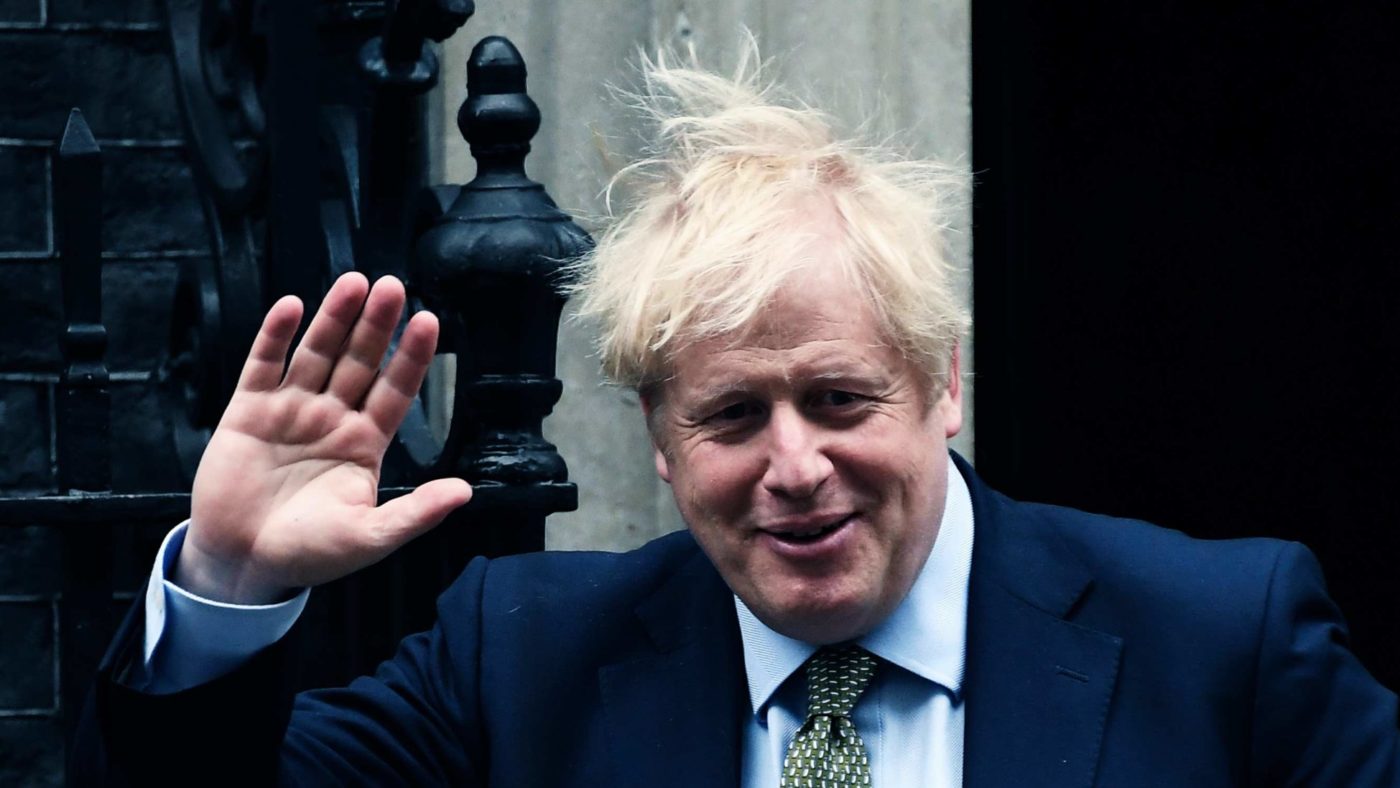So it’s done. We’re out. Brexit day has arrived. And with it the temptation, common at such obviously historic moments, to reach for overly portentous quotations. Yet those desperately seeking a John of Gaunt fix this morning would be advised to look elsewhere – I come armed only with a phrase popular in some of the sillier corners of the internet. For Britain has indeed left the European Union – “let that sink in”.
Well, let it. For some Brexit is the culmination of decades of political yearning. For others it is nothing short of a tragedy. And yet as the moment approaches, is it just me who feels a growing sense of anti-climax? Yes, the Brexit culture war’s keyboard conscripts will be out in force today and in fact on any day that ends in the letter y. But do they not begin to look a little more exhausted as the days pass, like some Japanese holdout ignoring the national call to demobilise after World War 2?
Maybe, maybe not. Perhaps, with the most significant policy areas deferred to the forthcoming negotiations, our politics will return, Groundhog-Day style, to monomaniacal Brexit bickering. But policy, it cannot be said enough, is not politics and I suspect instead today will mark the deflating of the Brexit balloon. Because for a great many leave voters Brexit has become less and less about Brexit itself and more about democracy. This is no longer about your customs unions, Canzuks or Canada plus trade agreements, but about the satisfying of the 2016 mandate. With that finally achieved they can now switch off and let Westminster be Westminster. There will be squabbles of course, there are always squabbles. But the existential energy that so characterised the last few years may begin to dissipate.
Great, you might say. Alas, not so fast. There is the small matter of deciding what Brexit actually becomes. Moreover, the one thing you can say about existential energy is that it does lead to quite a lot of political accountability. That is not something we should willingly cheer away, because in attempting to chart our way forward we have a rather large problem. That problem is our Government. And its problem is that it appears to have no policy on Brexit.
This is undoubtedly incredible. Yet it is true that as far as its stated Brexit policy goes, the Government has discharged it in full today. True, there is the oft-repeated commitment to getting a trade deal within a year, but that offers little guide as to where the Government’s priorities may lie during that process.
Nor does anybody seem to have a particularly good idea where to look for political clues on this question either. The ultimately non-binding text of Theresa May’s withdrawal agreement has been pared back even further in the new Johnson-minted agreement. Meanwhile, not a single Conservative MP graced us with the smoke signal of a rebellion as it sailed serenely through the parliamentary process. Even the entrails of Dominic Cummings’s blog are uncharacteristically tight-lipped about Brexit beyond Brexit.
Of course there is the Prime Minister himself. He has, to be fair, said quite a lot of things about Brexit. But then again, to paraphrase the President of the United States, “he has said a lot of things”. He said Theresa May’s deal placed a “suicide vest around the British constitution” and then voted for it. He said he would rather be “dead in a ditch” than send an extension request to the EU in October, then sent it. And, perhaps most significantly of all, he said his Brexit deal would never include a customs border in the Irish sea, yet Northern Ireland’s Unionists will tell you categorically that it does precisely that.
One could go on and on with this. Suffice to say that from his time as the Daily Telegraph’s EU correspondent right through to his Premiership, Boris Johnson has always worn his words about Europe lightly. It would be foolish in the extreme to expect that to change now. This is not so much because of his character, but because to do so would curtail his currently expansive room for manoeuvre.
As negotiations develop, this will prove his most precious commodity. To be sure, that is not a thought that will make defeated Remainers sleep easy tonight. But as the Brexit circus disbands and with it the ardent Brexiteers’ cultural leverage, they too may soon have cause to worry about our increasingly inscrutable Prime Minister. After all, someone, as the DUP might ruefully reflect, always gets burned in such negotiations. And nobody in Westminster currently has the first idea who that might be.
Click here to subscribe to our daily briefing – the best pieces from CapX and across the web.
CapX depends on the generosity of its readers. If you value what we do, please consider making a donation.


